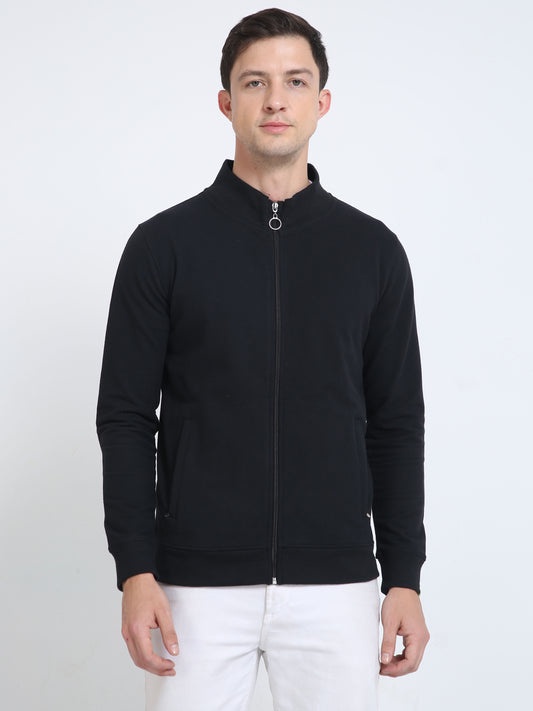Introduction:
In recent years, the fashion industry has undergone a significant transformation, with an increasing focus on sustainability and ethical practices. As consumers become more conscious of the environmental impact of their choices, there has been a growing demand for eco-friendly alternatives in every aspect of our lives, including clothing. One notable area of progress in sustainable fashion is the production of sustainable jackets that not only keep us warm and stylish but also contribute to a healthier planet.
The Need for Sustainable Jackets:
Traditional jacket production has often been associated with resource-intensive processes, excessive use of water, and the release of harmful chemicals into the environment. Additionally, the textile industry is known for its significant contribution to pollution and greenhouse gas emissions. As awareness of these issues grows, consumers are seeking alternatives that align with their values and reduce their ecological footprint.
Materials Matter:
The first step toward creating sustainable jackets involves choosing the right materials. Many eco-conscious brands now opt for recycled and organic fabrics, such as recycled polyester, organic cotton, and hemp. These materials not only reduce the demand for new resources but also minimize the environmental impact associated with conventional production methods.
Recycled polyester, made from recycled plastic bottles, is a popular choice for sustainable jackets. By repurposing plastic waste, this material helps divert it from landfills and oceans, contributing to a circular economy.
Innovative Technologies:
Technological advancements play a crucial role in the production of sustainable jackets. For instance, waterless dyeing techniques, such as air dyeing and digital printing, significantly reduce water consumption and eliminate harmful chemicals traditionally used in the dyeing process.
Additionally, innovations like 3D knitting and zero-waste pattern cutting minimize fabric waste during the manufacturing process, contributing to a more sustainable and efficient production cycle.
Certifications and Standards:
To ensure the authenticity of sustainable claims, many brands adhere to recognized certifications and standards. Certifications such as Global Organic Textile Standard (GOTS) and bluesign® ensure that jackets are produced using environmentally friendly processes and materials, as well as safe working conditions for labor.
Ethical Manufacturing:
Sustainability goes beyond materials; ethical manufacturing practices are equally important. Brands are increasingly transparent about their supply chains, ensuring fair wages, safe working conditions, and ethical treatment of workers. By supporting brands committed to social responsibility, consumers contribute to a more sustainable and just fashion industry.
Longevity and Versatility:
Sustainable jackets are designed to withstand the test of time both in terms of durability and style. Emphasizing timeless designs and versatile styles encourages consumers to invest in quality pieces that can be worn across seasons, reducing the demand for fast fashion and its associated environmental impact.
Conclusion:
As we navigate the challenges of climate change and environmental degradation, the fashion industry must play a pivotal role in promoting sustainability. Sustainable jackets represent a positive step towards a more eco-friendly wardrobe, providing consumers with the opportunity to make mindful choices without compromising style or comfort. By supporting brands that prioritize sustainability, we can collectively contribute to a more responsible and ethical fashion landscape.


No comments yet